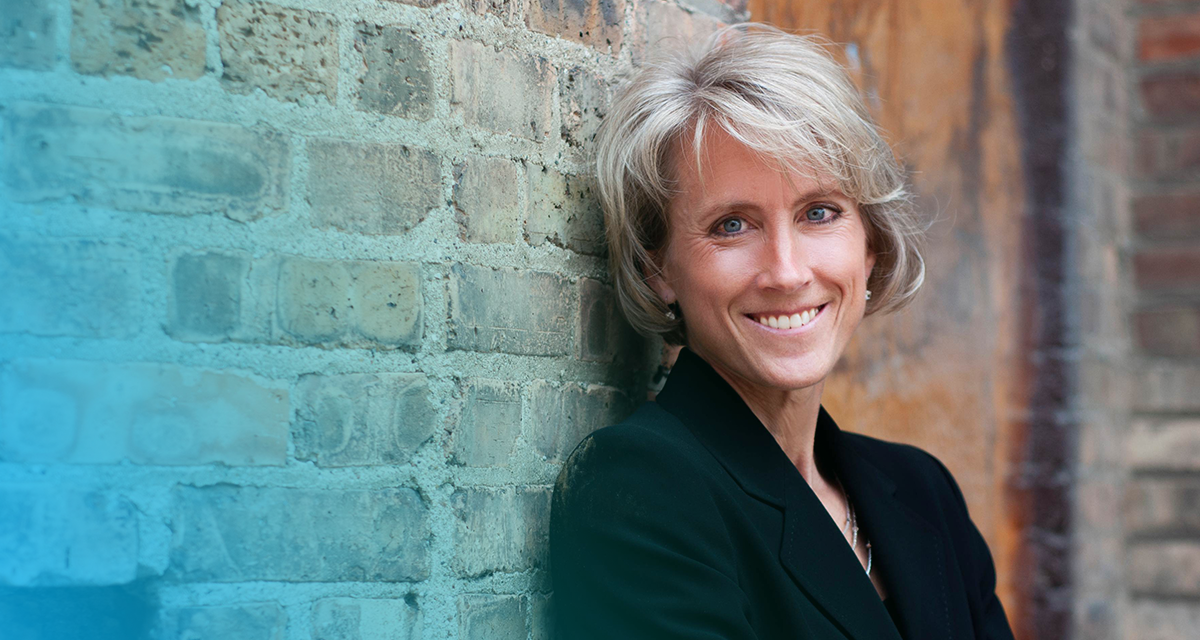Redefining Bravery in 2021
People who demonstrate great bravery have been glorified as heroes in almost every culture and time period. From Japanese samurai to American cowboys to comic book superheroes, these iconic figures have shown us various ways of overcoming fear through combat, strategy and brute strength. But this model for bravery differs wildly from Christ’s example.
To help us redefine bravery from a Christian perspective, during last Thursday’s Symposium keynote address, author and Calvin University professor Dr. Rebecca Konyndyk DeYoung drew insights from the words of Jesus, Aristotle, Aquinas and J.K. Rowling. She also gave several suggestions for how we might practice courage as a Christian virtue in 2021. Here are a few of her suggestions:
Courage asks us to wait
When you want something, it’s hard to wait for it. And yet waiting—for periods of quarantine to end, for in-person school to resume, for a vaccine to be available, for day cares to reopen—gives us the opportunity to exercise patience and admit that we’re not the ones in control.
Learning to wait on God’s timing is an act of great courage, DeYoung asserted. “Nobody likes to be at the limit of their own power,” she said. “To be in a position of endurance requires a kind of reliance on God that maybe we’re not as used to as we should be. This is paradigmatically power made perfect in weakness.”
In waiting, we surrender to God’s will. This itself is not an act of weakness, but of strength. “The picture we get here is of a kind of suffering endurance that comes from deep love and trust in God’s power.”
Courage is cultivated in community
Crises—like the one we’re in right now—destabilize areas of our lives that have been fairly predictable and shatter illusions we have about self-sufficiency and complete independence. This can be a really healthy step for our souls, DeYoung pointed out. “We’ve needed to learn to rely on God’s power in new ways and to learn to rely on others,” she said. “We can’t power through anymore on our own.”
Jesus’s parting gift was the Church, a community of support that could help us endure challenging circumstances. “We have the communion of saints as a picture not of self-reliance, not only reliance on God, but reliance on each other,” she said. “In this picture of courageous endurance, it’s not our own power that makes us courageous.”
Courage invites us to make important sacrifices
Crises often require us to let go of something important to us—perfectionism, self-reliance, stability. And they force us to encounter something we’re afraid of, like losing our job, becoming sick or losing a loved one. Courage is being neither fearless nor paralyzed by fear, DeYoung explained. Rather, it is a willingness to face our fears. “What we love most and fear most is going to shape how we practice and embody courage,” she said. “When we look at the resurrected Christ who has conquered death and sin but who also calls us to take up our cross and follow him—what might the kind of courage he is calling us to look like?”
For more spiritual wisdom, tune into DEEP FAITH week.
Co-written by Anna Kinkade ’21, psychology and communication arts
 The Bell
The Bell